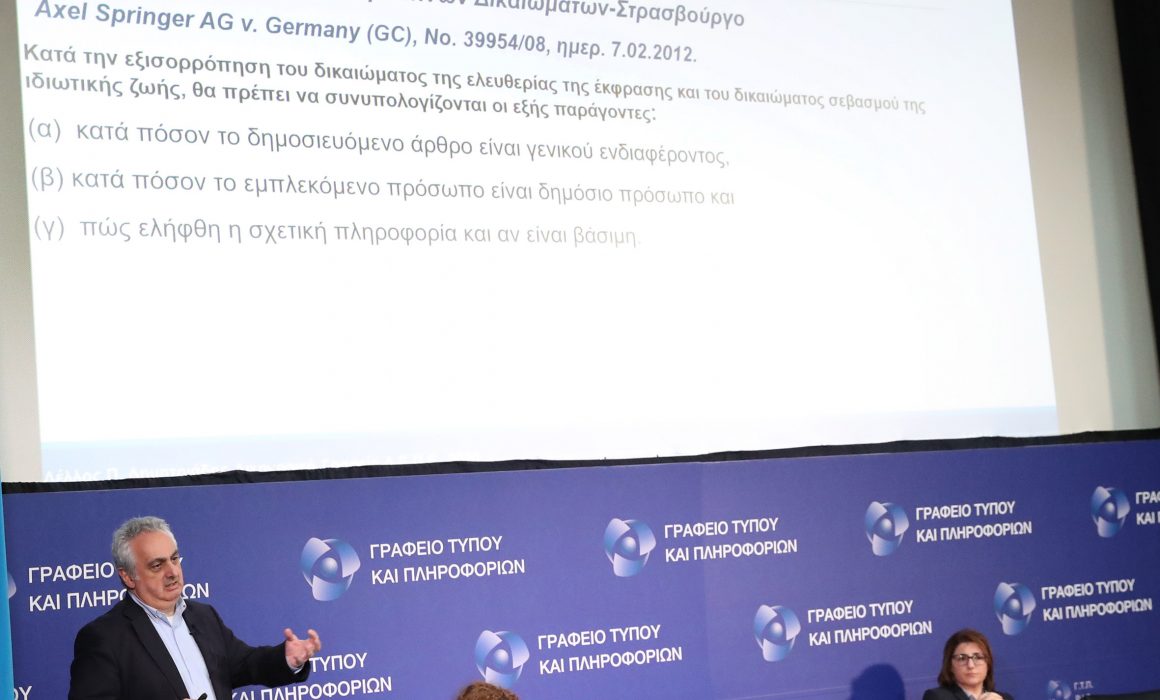by Nicoletta Epaminonda
The Transparency in the Procedures to Make Public Decisions and Related Matters Law of 2022 (“Law”) was enacted on 17 February 2022 by the Plenary Session of the House of Representatives. The aim of the Law is to establish a framework for the implementation of transparency for public decision-making, in relation to issues that concern the executive or the legislative branches of government, so as to deter circumstances that may allow or facilitate acts of corruption.








